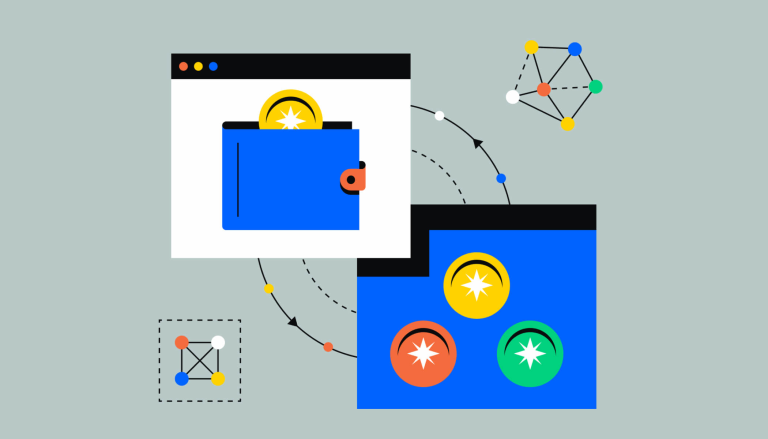How is audius decentralizing the music industry?

Audius is a decentralized music streaming platform that aims to provide a more equitable model for artists and fans.
The platform uses blockchain technology to offer transparency, direct fan-artist engagement, and fair compensation distribution.
Audius also allows artists to create and collect non-fungible tokens (NFTs), providing a new way for artists to receive compensation for their work.
What is Audius and How Does it Work?
Audius is a music distribution and discovery platform that seeks to support key functions of the music industry in a more equitable and inclusive manner. It is designed to incentivize artists and fans through a variety of features, including peer-to-peer content sales, a reward structure via its native AUDIO token, and a decentralized governance structure that places decision-making power in the hands of fans and artists alike.
The platform operates on blockchain technology, which allows for transparency and decentralization. This means that artists can have a clearer understanding of their payouts based on gross payment amounts, play statistics, and data insights. It also addresses issues such as poor ownership rights data, which can result in artist underpayment, and industry processes that are often beholden to gatekeepers and middlemen.
How is Audius Democratizing Music Access?
Audius aims to democratize music access by connecting musicians and fans directly. The platform's interface is similar to that of a social media network, with profiles, news feeds, and various networking and sharing features. Artists can build their own fanbases, share content in various formats, and maintain control of how they receive compensation from their followers.
One of the unique features of Audius is its use of non-fungible tokens (NFTs). Artists can create and collect their own NFTs and reward fans through an engagement-based incentivization structure. This allows users to receive incentives such as tickets, VIP experiences, and other benefits. Fans can even receive the platform’s native AUDIO tokens as rewards for their engagement with Audius music content.
What are the Main Components of the Audius Music Platform?
The Audius platform is made up of three distinct components: content nodes, a content ledger, and the AUDIO token. Content nodes represent a user-operated network of nodes that hosts content data and allows for permissioned access to content for artists. The content ledger acts as a single source of truth to enable the functionality of the Audius network. The AUDIO token is used for governance functionalities and as a reward for fan engagement.
How is Audius Changing the Compensation Distribution in the Music Industry?
Traditionally, a large portion of the compensation generated in the music industry goes to record labels, publishers, and digital service providers, leaving only a small fraction for the artists themselves.
Audius aims to change this dynamic by allocating a more equitable distribution of compensation. This model removes intermediaries, resulting in a more equitable distribution of profits.
What are the Challenges and Opportunities for Audius?
While Audius has attracted mainstream artists and has seen growth, it also faces challenges. User adoption is needed to attract artists to the platform, but artists are also needed to drive user adoption. There are also potential legal risks related to copyright infringement.
Despite these challenges, Audius represents a shift in the music industry, offering a more equitable and decentralized model that benefits both artists and fans.


